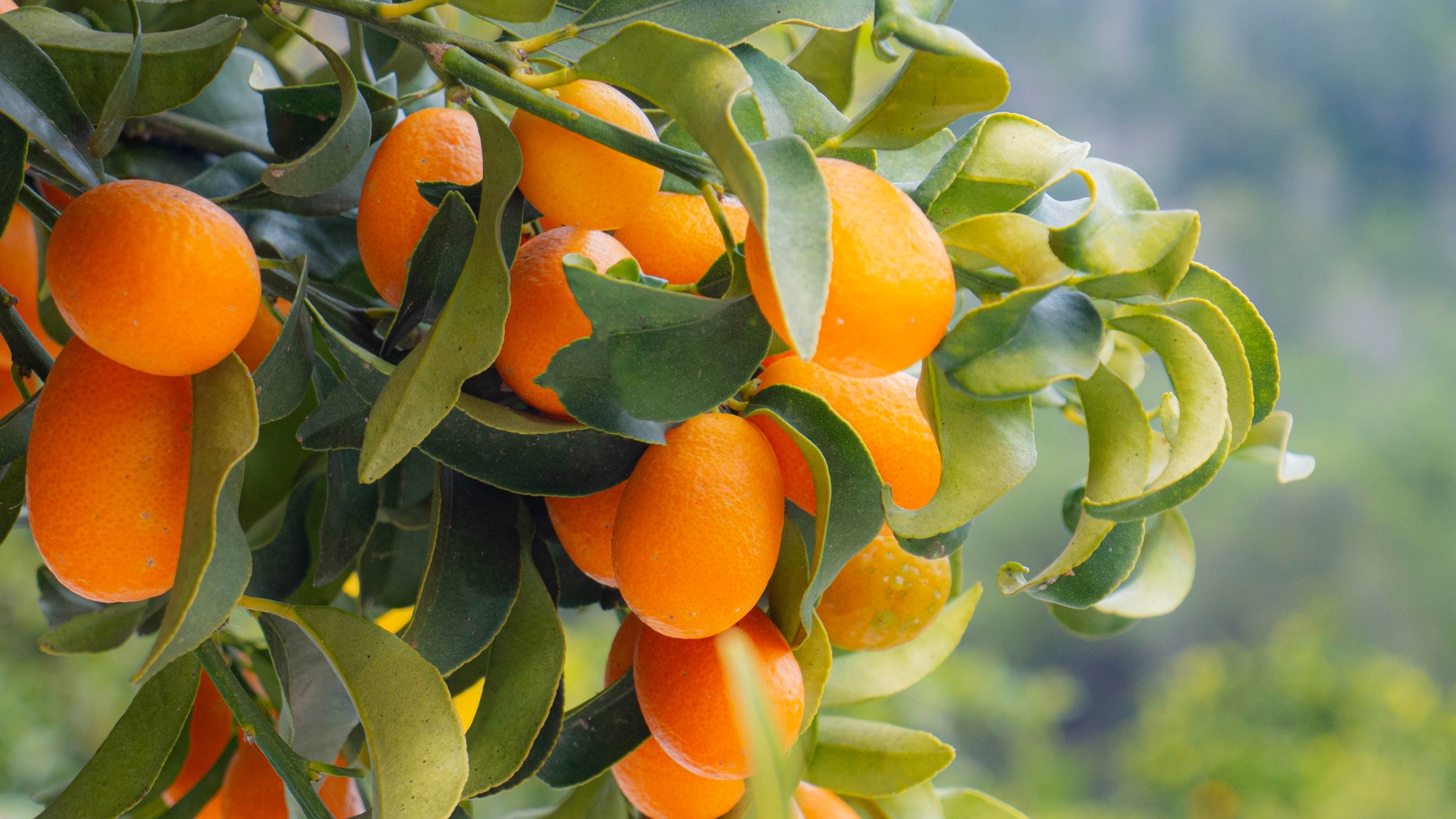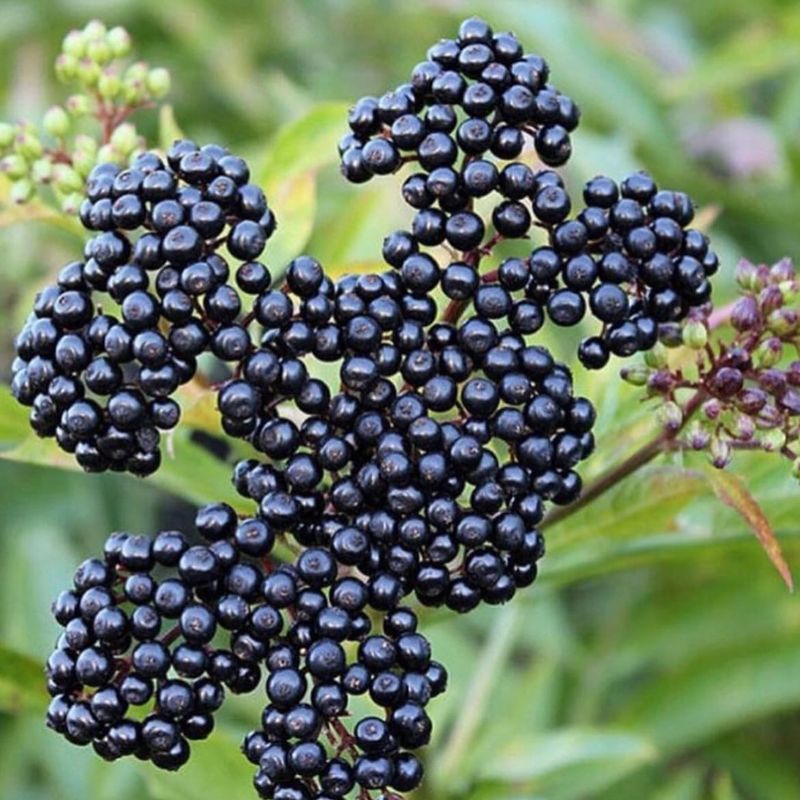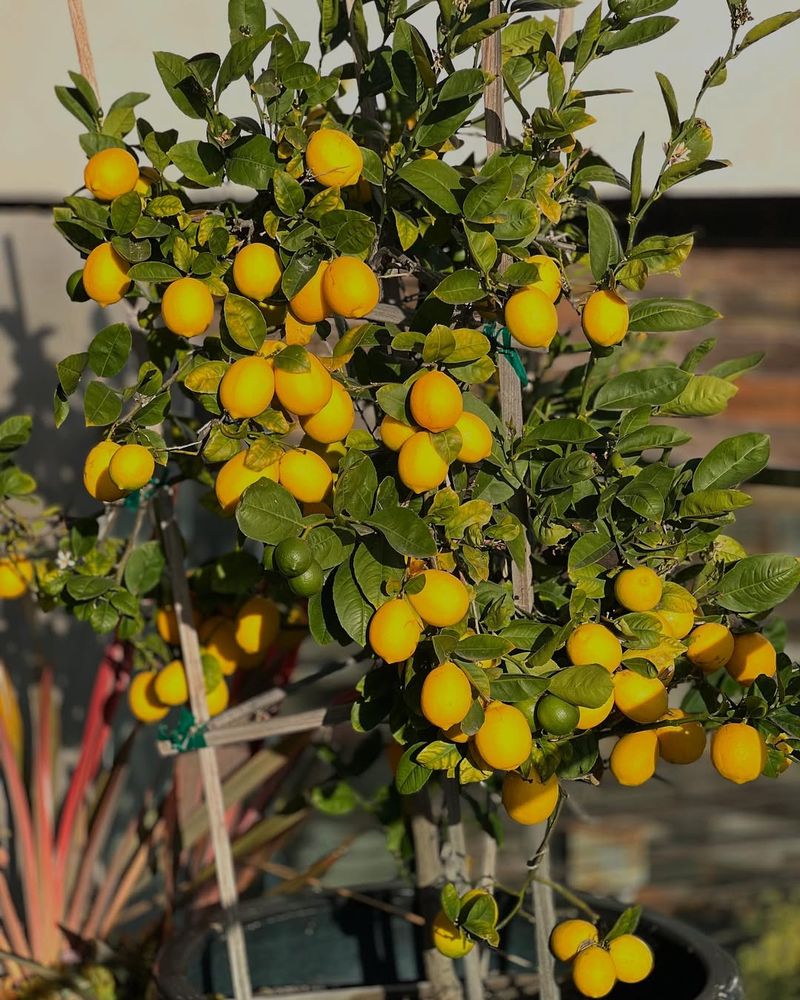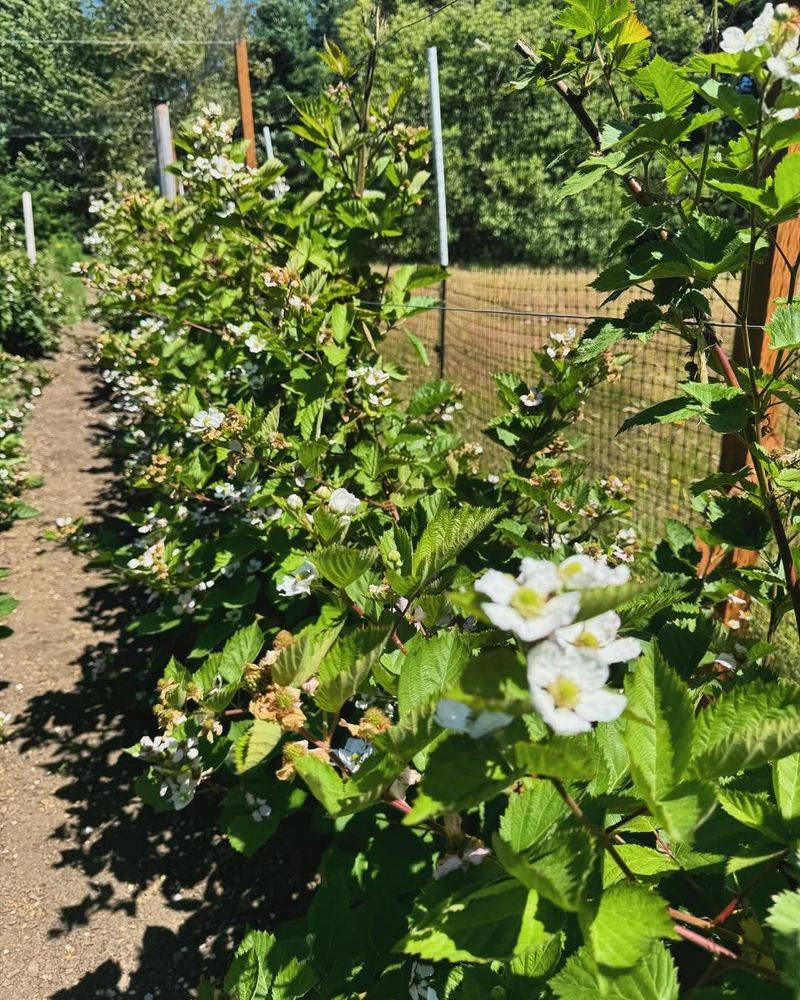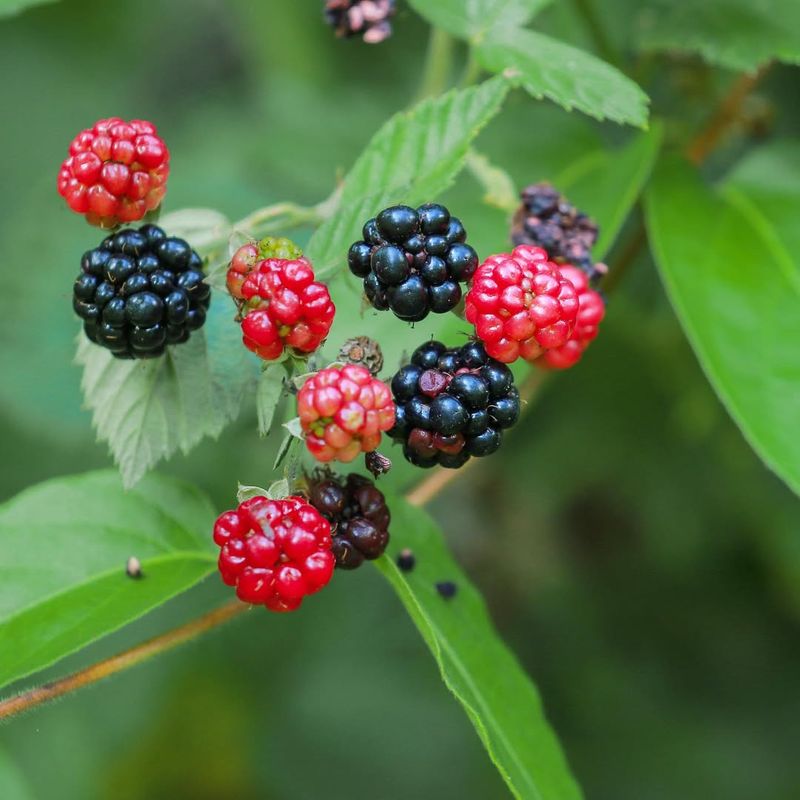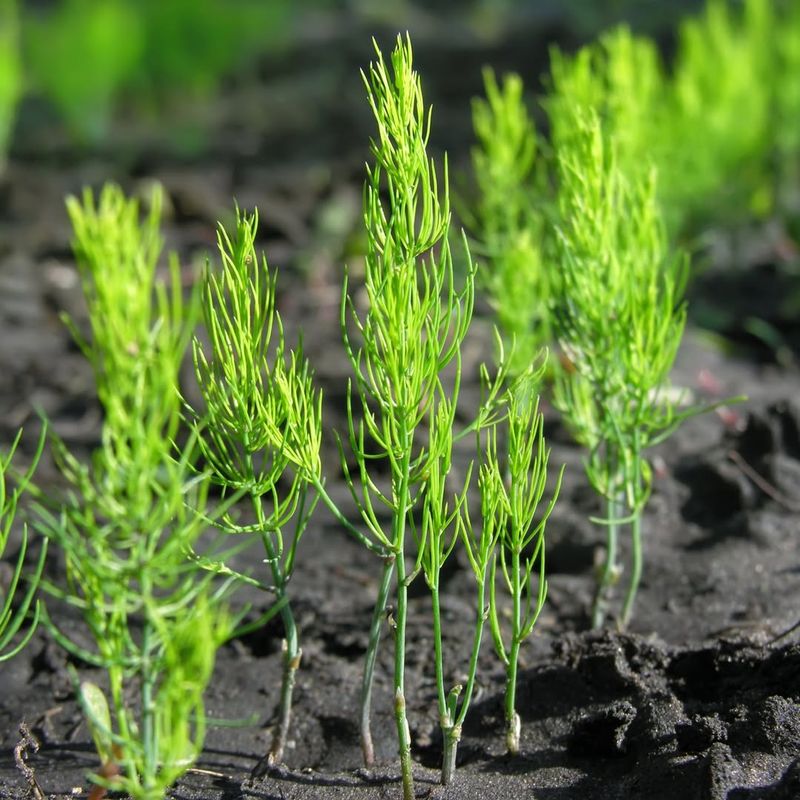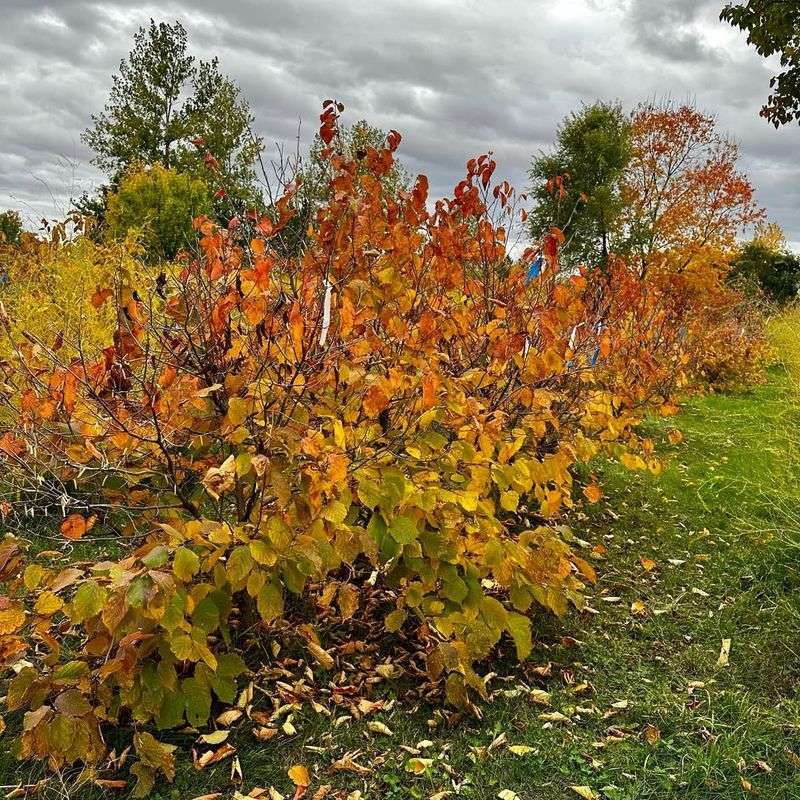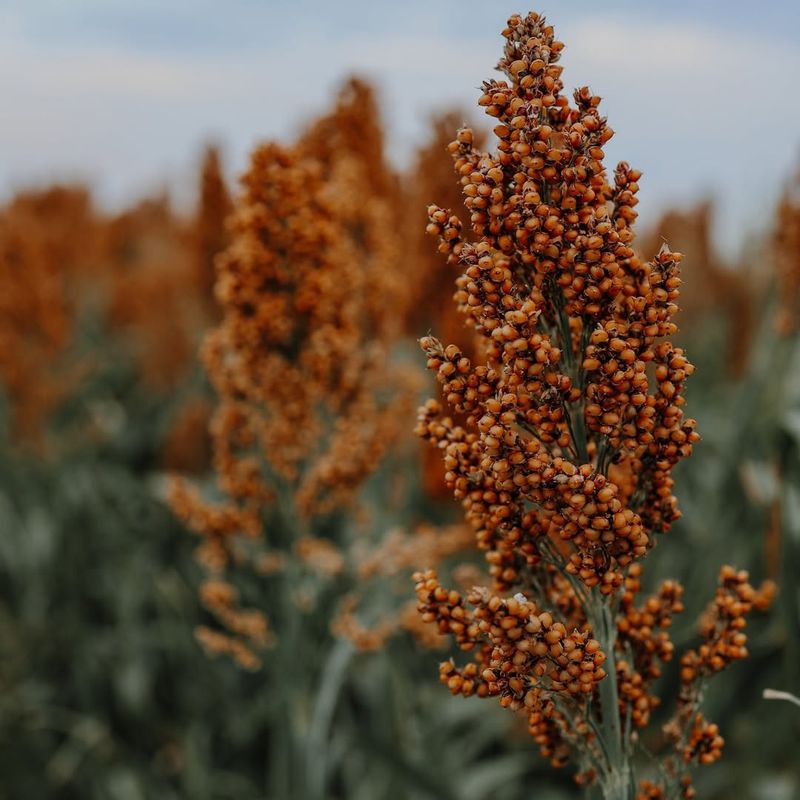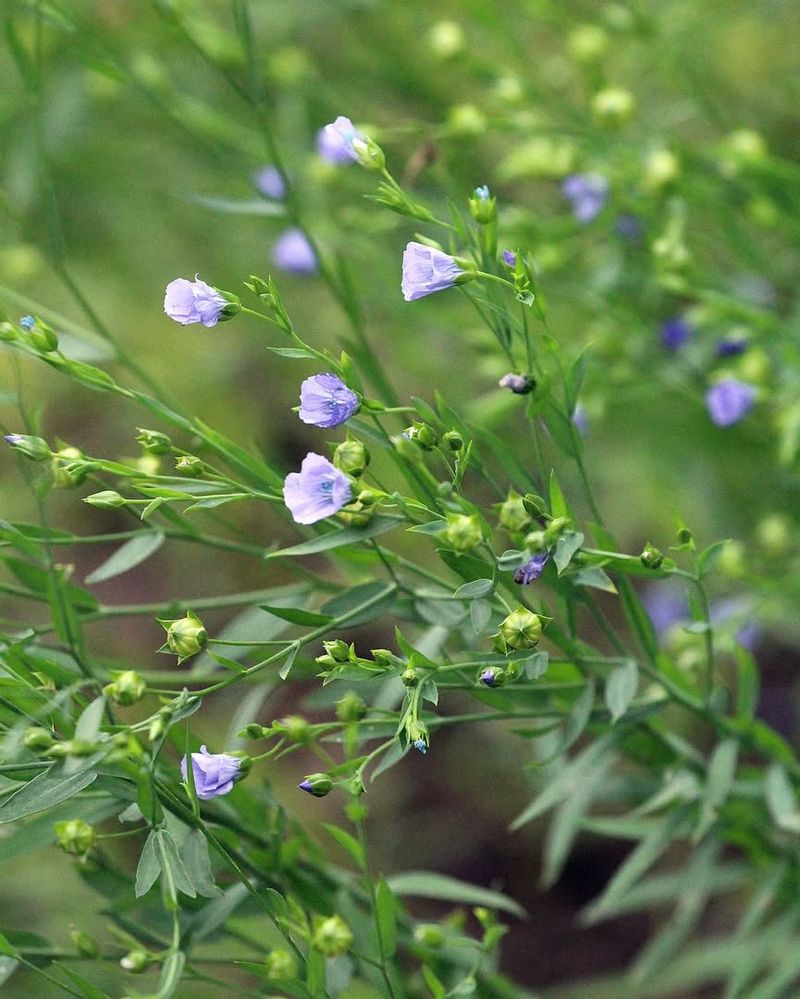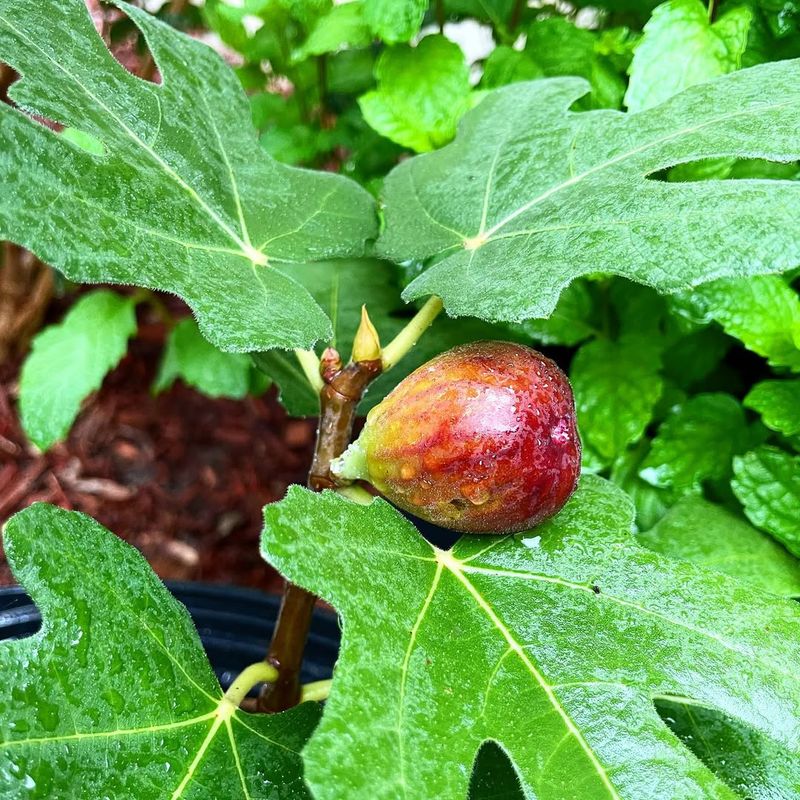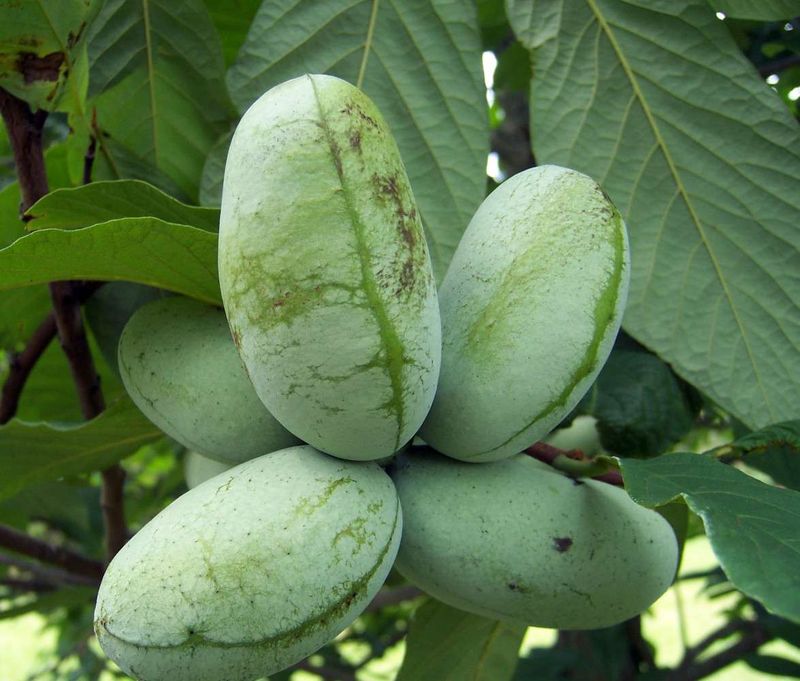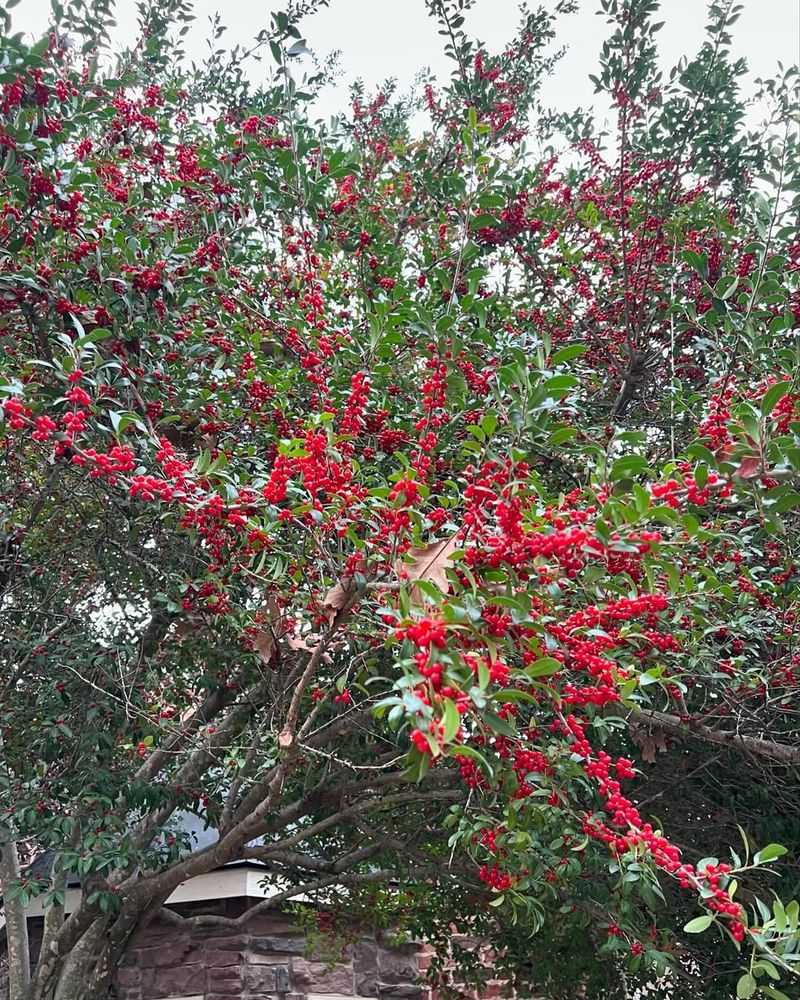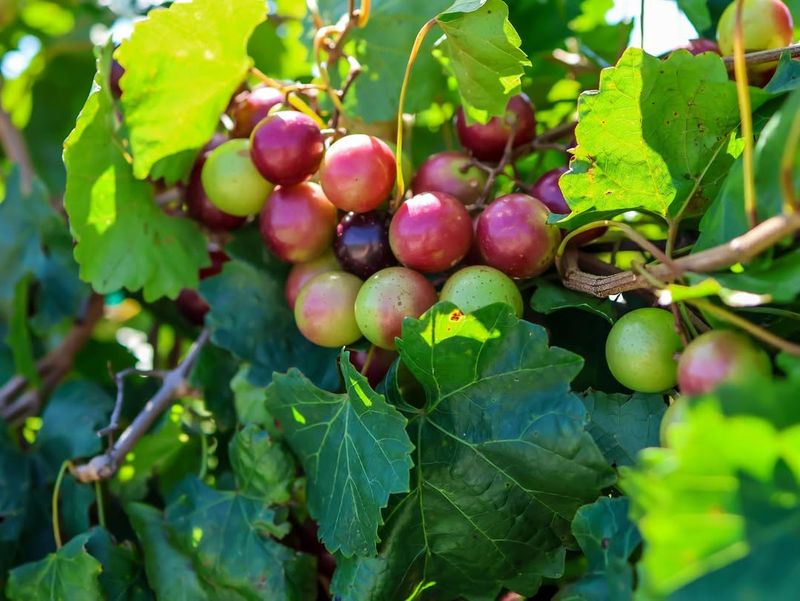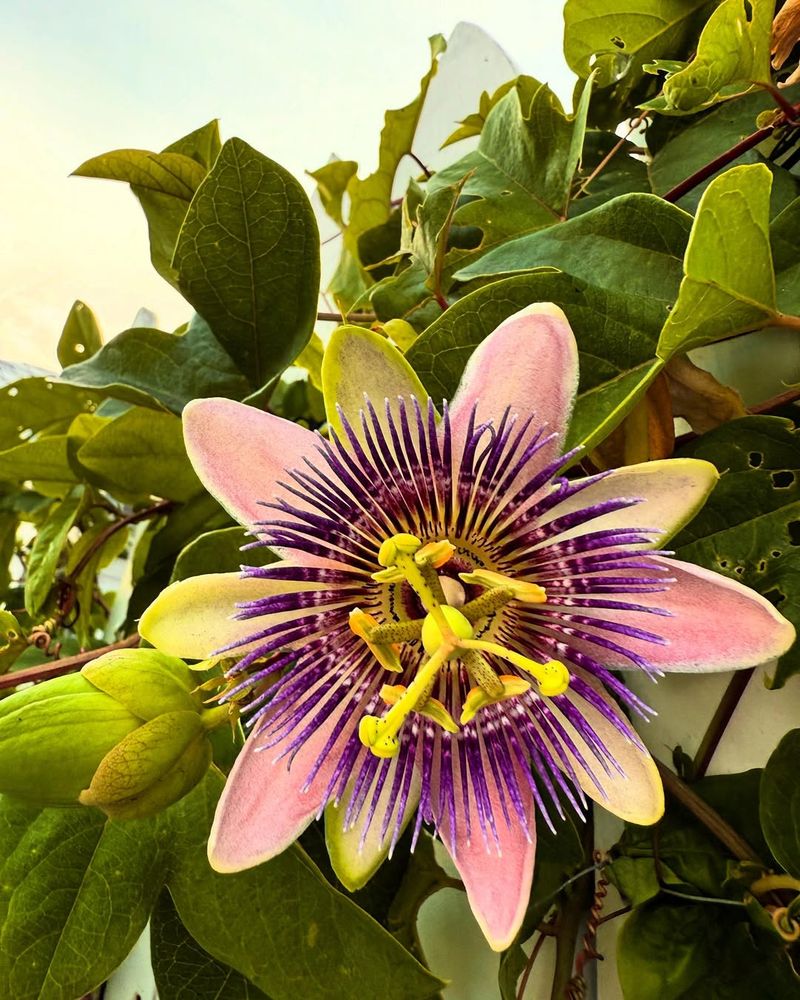Have you ever stopped to wonder what’s actually legal to grow in your backyard? While some plants are off-limits due to pesky regulations, there’s a whole world of delicious, totally legal alternatives that thrive without the red tape.
Whether you’re looking for juicy berries, sweet homegrown sugar alternatives, or caffeine-packed plants, these powerhouse crops will fill your garden with flavor—without breaking any rules. Get ready to grow smarter, not harder, with these eco-friendly and regulation-approved backyard stars!
1. Elderberries
Looking for a berry that’s both delicious and disease-resistant? Elderberries (Sambucus spp.) are your answer, providing a powerhouse of antioxidants that rival those found in blackcurrants. These small berries are perfect for making jams, wines, or syrups, adding a nutritional punch to your diet.
Elderberries can thrive in various climates, making them a versatile addition to any garden. With a knack for thriving in less-than-ideal soil conditions, they present a low-maintenance fruit option. Just ensure they are cooked before consumption, as raw elderberries can be toxic.
2. Cold-Hardy Citrus Varieties And Kumquats
When life hands you cold weather, plant these fruit trees. Cold-hardy citrus varieties or kumquats can withstand cooler climates where traditional citrus trees might not survive. Meyer lemons and kumquats are particularly popular for their hardiness and delicious flavors.
Bursting with vitamin C, they are perfect for fresh consumption or culinary adventures. Gardeners love their attractive appearance, with vibrant fruits standing out in any landscape. Their compact size makes them ideal for smaller spaces, adding a citrusy zing to even the chilliest backyard.
3. Jostaberries
What do you get when you combine the best of gooseberries and currants? Jostaberries (Ribes × nidigrolaria) are a tart and tangy delight that’s resistant to many diseases plaguing gooseberries. These berries make an excellent choice for gardeners seeking a robust and flavorful fruit.
With a unique taste profile, they can be used in pies, jams, or eaten fresh. Jostaberries prefer well-drained soil and a sunny spot to flourish. Their vigorous growth ensures a bountiful harvest, making them a gardener’s dream come true.
4. Native Blackberry Varieties
If raspberries are running wild, it might be time to consider other berry varieties. Native blackberries are not only non-invasive but also offer a rich, juicy harvest that’s hard to beat. Native to North America, they’re a more sustainable option for local ecosystems.
Their robust nature allows them to thrive in various soil types, providing a carefree gardening experience. These berries are perfect for eating fresh, making into desserts, or preserving as jams. Plus, the thorny bushes can serve as a natural barrier, adding an extra layer of utility to your garden.
5. Asparagus
Seeking a garden addition that’s as tasty as it is space-efficient? Asparagus (Asparagus officinalis) grows vertically, making it a fantastic substitute for bamboo in any garden. This perennial vegetable offers a sustainable yield year after year.
Known for its tender stalks, asparagus is a culinary favorite, perfect for steaming, grilling, or roasting. Plant it in a sunny spot with well-drained soil, and watch it thrive with minimal care. Its early spring harvest adds a fresh, green touch to your meals.
6. Hazelnuts And Chestnuts
Nut trees can be a pesky problem when restricted, but fear not; these too alternatives are here to save the day. Hazelnuts and chestnuts provide delicious, fat and carb-rich nuts that are as versatile as they are nutritious.
With environmental benefits such as soil erosion prevention, they make a positive impact on the landscape. Both hazelnuts and chestnuts can be roasted, ground into flour, or enjoyed fresh. Their ornamental value, combined with the bounty of nuts, makes them a win-win for any backyard.
7. Sorghum
In search of a sweet solution to sugarcane restrictions? Sorghum (Sorghum bicolor) is a resilient, drought-tolerant plant that serves as an excellent alternative. Its natural sweetness can be harnessed in syrups or as a sweetener in various dishes.
Beyond its sugary appeal, sorghum is also used for animal feed, adding to its versatility. This plant thrives in warmer climates, making it an ideal choice for regions where water is scarce. Its towering stalks add not only height but also beauty to your garden.
8. Flax
Hemp may be off-limits, but this ancient crop is a fantastic legal alternative. Flax (Linum usitatissimum) produces seeds rich in omega-3 fatty acids and fiber useful in textiles. Its versatility doesn’t stop there; flaxseeds can be ground into flour or used whole in baking.
Gardeners appreciate flax for its low maintenance and quick growth cycle. Its beautiful blue flowers offer visual appeal, while its ability to improve soil health adds environmental value. Flax is a practical, multipurpose plant that fits nicely into any garden plot.
9. Cold-Hardy Fig Varieties
If traditional figs are having a hard time, these resilient alternatives might be the perfect fit. Cold-hardy figs can withstand frost, allowing gardeners in cooler climates to enjoy their sweet, succulent fruit. Varieties like ‘Chicago Hardy’ are renowned for their durability.
Enjoy them fresh, dried, or incorporated into desserts and dishes. Cold-hardy figs require a sunny spot and well-drained soil to flourish. Their unique ability to adapt to colder regions makes them a sought-after addition to any fruit lover’s garden.
10. Pawpaws
Imagine a fruit with the creamy texture of an avocado but suited to cooler climates. That’s the pawpaw (Asimina triloba), a native fruit with a tropical flair. Its custard-like flesh and unique flavor make it a gourmet treat.
Pawpaws prefer rich, well-drained soil and a bit of shade, making them adaptable to various garden settings. Their flowers attract pollinators, adding to their ecological benefits. A truly exotic addition to temperate gardens, pawpaws are sure to surprise and delight.
11. Chicory And Yaupon Holly
Coffee may be a no-go, but chicory and yaupon holly offer caffeine alternatives that are just as satisfying. Chicory (Cichorium intybus) is known for its roasted roots, which make a delightful coffee substitute. Meanwhile, yaupon holly (Ilex vomitoria) offers the only caffeinated tea native to North America.
Both plants are easy to grow, with chicory boasting lovely blue flowers and yaupon holly sporting red berries. These substitutes provide a unique twist on traditional brews, allowing you to enjoy your morning ritual without the need for coffee plants.
12. Muscadine Grapes
Traditional grapevines might be a challenge, but this delicious alternative is here to fill your wine glass. Known for their disease-resistant qualities, muscadine grapes (Vitis rotundifolia) thrive in the heat, offering a bountiful harvest.
Enjoy them fresh, in juices, or transformed into wine. Muscadine grapes require a sunny spot and well-drained soil to reach their full potential. With thick skins and a unique flavor profile, they’re a delightful addition to any grape enthusiast’s garden.
13. Maypops
Passionfruit might be off the menu, but this fruit bring the passion back to your garden. This cold-hardy native passionflower (Passiflora incarnata) offers striking flowers and delicious fruit, perfect for temperate regions.
Maypops flourish in sunny spots with well-drained soil, providing a splash of color and a sweet treat. Their ability to attract pollinators adds to their garden appeal. Whether you’re eating the fruit fresh or using it in culinary creations, maypops are a vibrant addition to any backyard.

